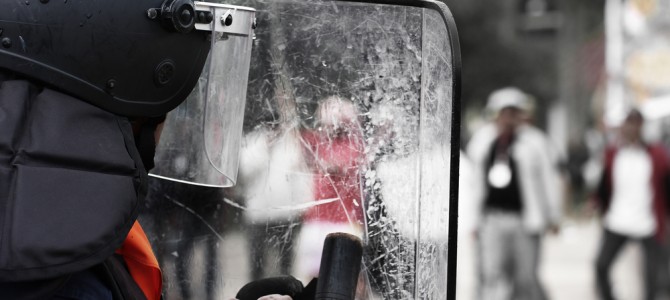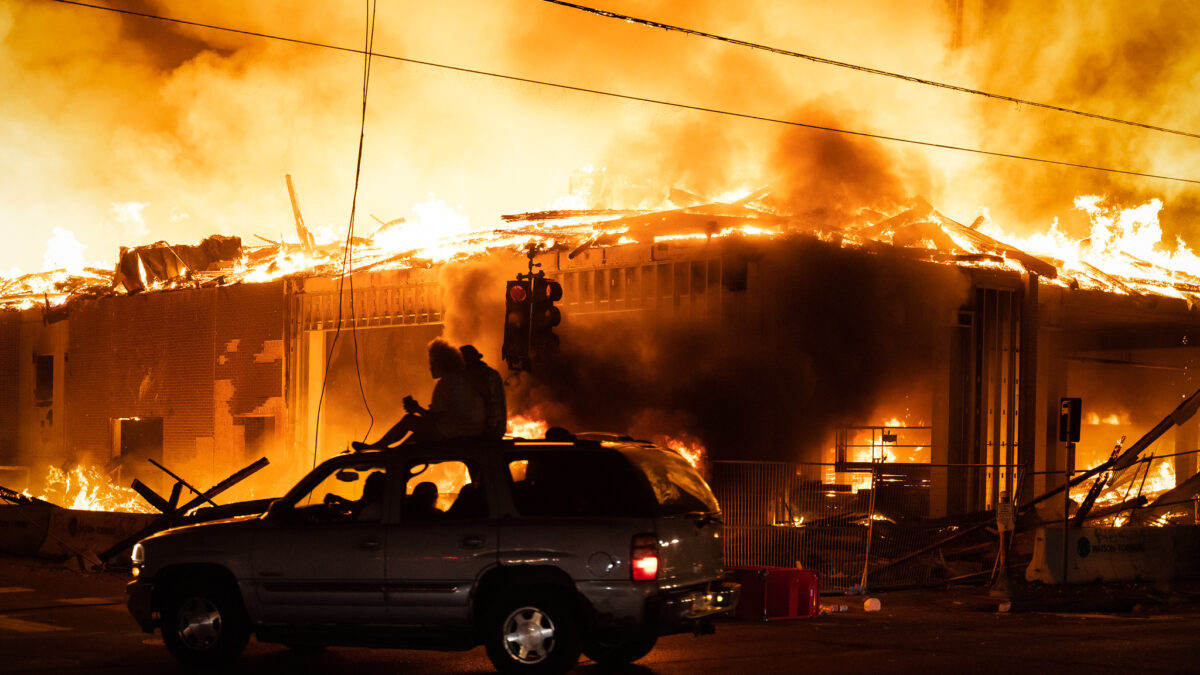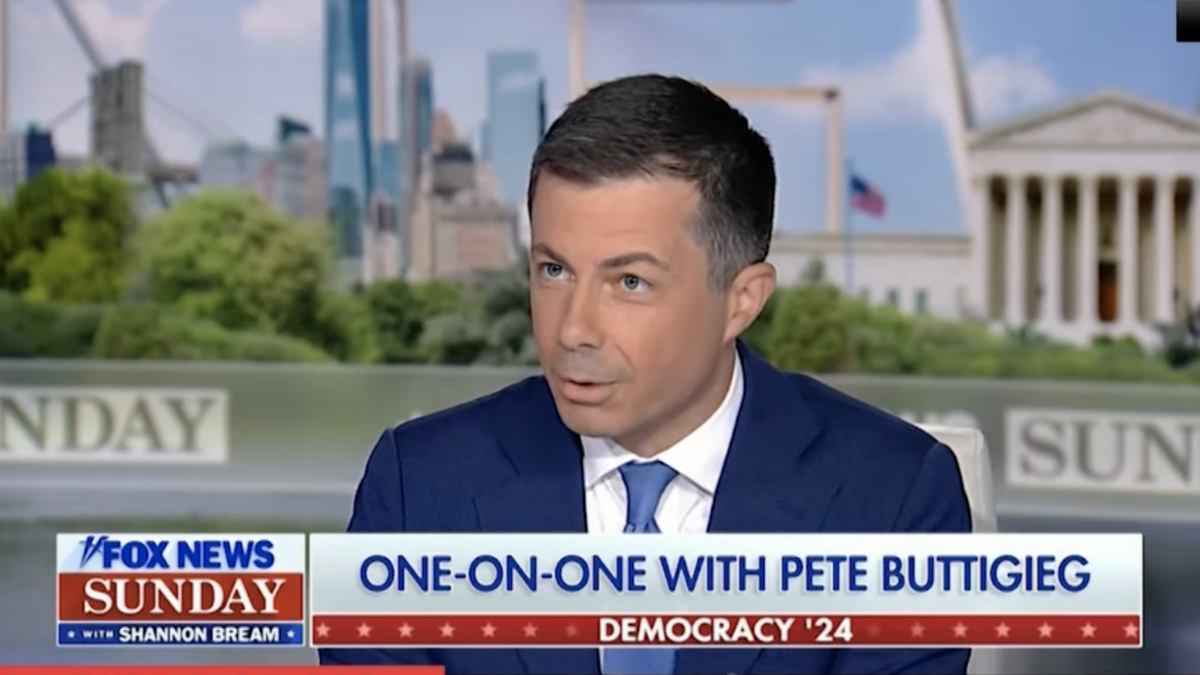
Ta-Nehisi Coates wrote an article that does not quite praise the Baltimore riots, but cannot quite find a way to condemn them. It makes a compelling case for why people are angry. It discusses all of the terrible things the Baltimore police have done. And then it sort of falls apart.
It seems to say that one cannot condemn the actions by the Baltimore police, then condemn the rioters for their destructive and misguided actions and advocate for non-violent protests, because this would be “the right answer to the wrong question” and hypocritical. But the riots raise a simple question: should one riot in response to the Baltimore police’s actions and other societal problems and, if a riot occurs, should one condemn it? It should yield simple answers: one should not riot, and, yes, we should condemn violence.
Coates would rather not address these questions, but keep the focus on the wrongs those in power have done. But the question of when violence can be an appropriate political tactic is a serious question people should not ignore. And it has been eloquently addressed by various people throughout American history, from the founding fathers to Martin Luther King Jr to Malcolm X.
Difficult questions exist about the moral righteousness of violence, how oppressed or locked out of the political system the oppressed are, whether change within the system is possible, and whether violence is an effective tactic for those seeking redress. One reason I think Coates wants to avoid this debate, and these questions, is because the case for violence in Baltimore is so weak.
Try Thinking It Through Next Time
Coates recognizes that these riots are not wise, and that pleas for non-violence by politicians are well intended, then spends most of the article describing various incidents of police brutality, making his “case against the Baltimore police, and the society that superintends them.”
Then what, exactly, is Coates saying? That riots cannot be condemned until their causes are addressed? He gives no guidance about how much they need to be addressed before it’s time to address rioting. Do we need to talk more? Do we need to institute certain programs or reforms—and, if so, which ones? Do we have to wait until they work?
Perhaps Coates is saying that because people in power can be hypocrites we should not listen? Yet one can be a hypocrite and still be right. And it is not just those in power who recognize the harm these riots are doing and call for peace. Freddie Gray’s family, among others, have also called for peace. I hope Coates would not accuse them of answering the wrong question. They, like many others not “in power,” rightly anticipate the negative consequences of violence.
Why Rioting Deserves Condemnation
We should not forget that the people who will suffer the most from this rioting will be the poor and minority citizens of Baltimore. This rioting will do nothing but harm the very people rioting. It will be their jobs that will disappear, their property values that plummet, their schools that worsen, their businesses and the businesses that serve them that suffer, and their neighborhoods that will be even more unsafe.
The wealthy will be fine, as they have insurance and those who live in the city can leave. One can look at the 1968 riots to see their negative effects on inner-city neighborhoods. In some cases, those cities have yet to recover, almost 50 years later. The community’s relationship with the police will certainly deteriorate further, making it more difficult to fight the crime that harms poor neighborhoods, and to repair an already broken relationship.
The rioting can also, and should be, condemned for moral reasons. Violence as a response to perceived and actual past wrongs is rarely justified, and this is not one of those rare cases.
Some might respond, as Coates seems to, by saying this focuses on the wrong thing—the behavior of the rioters rather than the behavior of the police and those in power. Yet one can accept everything he says about society being racist and the police being out of control, and still think that rioting has terrible consequences and should be condemned and discouraged. One can accept that calls for non-violence from politicians may be hypocritical, and yet still be correct. One can understand the causes of a riot, and still find they do not justify violence, will harm the cause of those rioting, and should be condemned for moral reasons, as well as for their bad consequences. Just because one group identified as privileged has committed wrongs, does not mean people should encourage any action by the less privileged.
Are Riots Predetermined?
Coates then tries to compare rioting to a forest fire, as if it simply just occurs, but then promptly undermines his flawed analogy. He immediately says the riots have a point, and that point is disrespect. Forest fires generally don’t have points, but of course rioting often has purposes. Again, I struggle to see Coates’s point. One can accept that showing disrespect to hypocrites in power is the purpose of the riots, and still condemn the riots on moral and practical grounds.
Perhaps Coates believes the riots are the result of larger social forces and have just popped into existence, like a forest fire. Of course, if one takes this deterministic view, the same (deeply flawed) argument would apply to the Baltimore police. They just acted based on larger social forces, and since they lacked agency we cannot condemn them. Of course, this argument would be rightly dismissed. Almost everyone (including Coates) has been condemning the Baltimore police. They should be condemned, and should change their behavior. Just like the rioters.
The most troubling words come in the final paragraph. Coates argues that calls for nonviolence by those engaging in violence are hypocritical and a ruse. He compares the situation to a “war with the aggressor calling time out.” Does this mean the citizens of Baltimore are in a war with the police? Would we be asking the wrong question if police officers were shot and killed as part of all this, and we tried to condemn those actions as morally wrong? Would it all just be part of an expression of disrespect that we oppressors should not condemn, lest we fail to be deemed lacking understanding or addressing the “real problems?” His article raises a lot of these questions and provides very few satisfactory answers.









